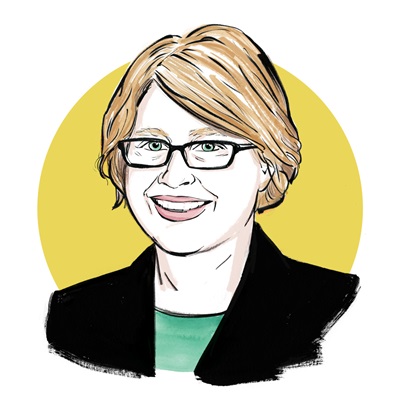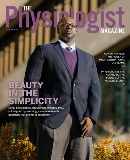
8,994 miles or 14,474 kilometers. That’s how far away I am from my homeland of Australia, as I sit in my Texas home. Over the past year, this distance might as well have been a million miles. The “tyranny of distance,” a phrase often used to describe the isolation of the island continent from the rest of the world, was suddenly magnified.
When the pandemic first hit in early 2020, we all watched in astonishment and fear as the case numbers and death rate started to rise. Travel plans were canceled, new safety restrictions were put in place and we were abruptly sent home to work. For those of us with family and friends outside the U.S., we also watched as international borders began to close, travel restrictions were established and plans for visiting home were put on hold indefinitely.
For much of the pandemic, my greatest fear has been that one of my parents, both now in their 70s, will get sick (or worse), and I won’t see them again, except perhaps for our last goodbyes via a computer screen. Indeed, this was the heart-wrenching case for many this year, regardless of the distance they lived from their loved ones. Thankfully, both of my parents have remained COVID free and have been able to live relatively “normal” lives—except for the occasional lockdown and state border closure to keep the country’s low case numbers under control.
Back in 2013, I wrote a mentoring forum column for The Physiologist titled “Far From Home—Challenges facing international graduate students, postdocs and professionals living and working in the U.S.” None of us knew back then that one of the greatest challenges for those of us living far from home during a pandemic is fear of the unknown. When will it be safe to travel 17 hours on a plane? Will I be able to visit my family without a mandatory two-week quarantine? If I do go home, will I be able to leave and return to my family in Texas? As we begin to turn a corner in the U.S., with vaccination rates climbing and case numbers falling, I can see some distant light at the end of this long and winding tunnel, and I have some final thoughts:
Be kind. Be kind to your colleagues, and particularly to your trainees, who have family and friends living outside the U.S. The stress and anxiety of not being able to jump on a plane to visit family if something catastrophic were to happen can often be overwhelming. Some days I wish my parents and siblings were just a “mere” 17-hour drive away.
Don’t forget. As we slowly start to reenter the post-pandemic world, don’t forget how much we have all learned about ourselves over this past year. Maybe you have surprised yourself with your resilience, your problem-solving skills and self-reliance, your patience and forgiveness, or your resourcefulness. Also, don’t forget the pain and suffering many have endured as they have watched, helpless with the “tyranny of distance.”
Caroline A. Rickards, PhD, is an associate professor of physiology and anatomy at the University of North Texas Health Science Center. She is past chair of the APS Women in Physiology Committee and a member of the Exercise & Environmental Physiology Section Steering Committee.
This article was originally published in the July 2021 issue of The Physiologist Magazine.
The Physiologist Magazine
Read the Latest Issue
Don’t miss out on the latest topics in science and research.
View the Issue Archive
Catch up on all the issues of The Physiologist Magazine.
Contact Us
For questions, comments or to share your story ideas, email us or call 301.634.7314.


